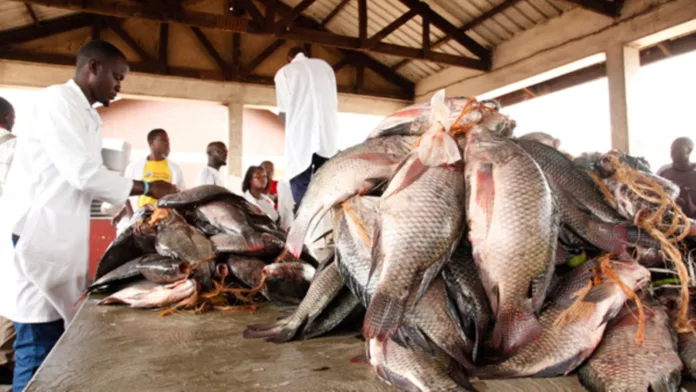The high-level event ‘BBNJ – From Multilateral Success to Game-Changer for the Ocean’ focused on the rapid ratification and implementation of the UN convention on marine biodiversity of areas beyond national jurisdiction (BBNJ). This is essential to protect 30% of the ocean by 2030.
Policymakers, scientists, and representatives of youth, NGOs, and intergovernmental organisations met in Brussels on 7 March to discuss the protection of our ocean. The gathering was closed by Prince Albert II of Monaco, known for his commitment to the marine environment.
“In the spring of 2023, after more than 17 years of negotiations, the BBNJ agreement was concluded,” says Sophie Mirgaux, Belgian Special Envoy for the Ocean (Federal Public Service Health). “This agreement represents a huge step forward for the protection of the ocean because it ensures that we will be able to establish marine protected areas in international waters.”
Nearly 90 states (including Belgium) have since signed the agreement, the first step towards concluding an international agreement. It must now also be ratified by at least 60 of these states for it to enter into force. On 22 January, the island state of Palau became the first to ratify the BBNJ agreement.
“Belgium wants to stay in the lead team,” said the Belgian federal minister of the North Sea, who opened the meeting. “This agreement for the protection of the ocean is a victory for multilateralism, where we, as a small country, have been able to make a big difference. We cannot rest on our laurels now. We must take urgent action to turn the words of this agreement into deeds.”
Coral with a Message
The meeting of the Blue Leaders under the Belgian presidency of the Council of the European Union was organised by the Federal Public Service Health, Food Chain Safety and Environment. The Blue Leaders are a group of countries pushing for urgent action to protect the oceans.
The Antwerp-based organisation MUCE (Muses United for Circular Economy) developed an artificial coral especially for the event, produced with a 3D printer and based on biological materials. All meeting participants were invited to add their message for the ocean to the artwork. Representatives from Kenya, Monaco, Nigeria, Cape Verde, the European Commission and EU Member States also contributed.
Panel Discussions
The first panel discussion of the day focused on the implementation and impact of the BBNJ agreement. Sebastian Unger, Ocean Commissioner of the German Federal Government, Peggy Kalas of Portugal’s Oceano Azul Foundation, Darius Campbell of the North-East Atlantic Fisheries Commission and Miguel de Serpa Soares, UN Under-Secretary-General for Legal Affairs and Legal Counsel, debated.
The afternoon focused on the link to climate and the 30×30 target. How will we succeed in protecting 30% of the ocean by 2030, and how do we ensure that this protection is strong enough to preserve biodiversity? Richard Benyon, UK Minister for Climate, Environment and Energy, scientists Jean-Pascal van Ypersele from UCLouvain and Yara Rodrigues from the Cape Verdean Instituto do Mar (IMar), and youth representative Camille Delaunoy (Forum des Jeunes) shared their views on this important issue.
Prince Albert of Monaco
The meeting was closed by H.S.H. Prince Albert II of Monaco, who has played an important role over the years as an advocate for ocean protection and thus contributed greatly to raising awareness among the general public. “The ocean, and with it the planet, are at a crossroads”, he declared. “Major progress has been made over the last thirty years, and the BBNJ agreement is a very important example of this, but the situation of the ocean continues to worsen. We therefore need more ambitious and more innovative actions that are better adapted to the reality of the changes we are witnessing.”
Finally, the Prime Minister of Belgium also called for urgent action. The Prime Minister underlined the importance of turning the words of the agreement into deeds.





